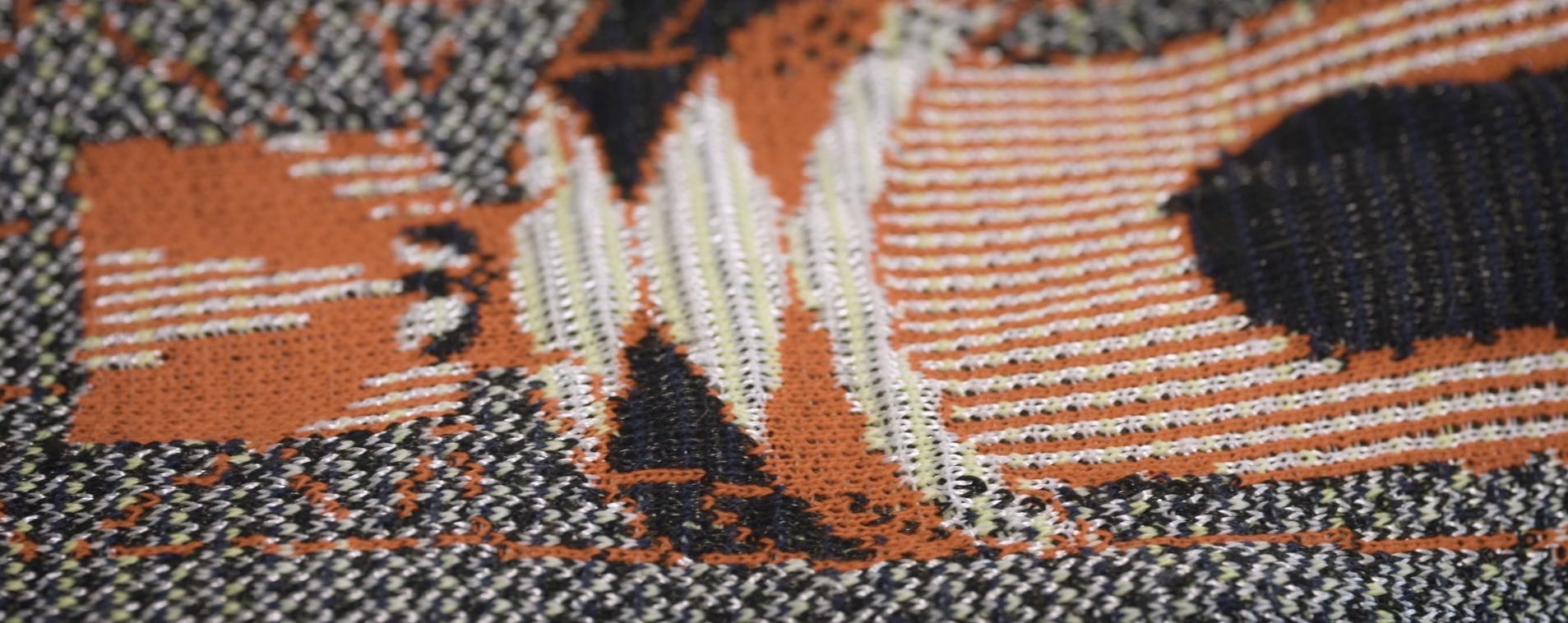Pablo Cesar Appointed Professor of Human-Centered Multimedia Systems

Publication date: 2020-10-12
Pablo Cesar has been appointed Professor of Human-Centered Multimedia Systems in the Department of Intelligent Systems (INSY) at TU Delft. Cesar leads the Distributed and Interactive Systems (DIS) group at CWI and works at TU Delft. Pablo Cesar is the recipient of the Netherlands Prize for ICT Research 2020.
We are moving towards a connected intelligent world, in which always-on sensing and monitoring will enable rich immersive media experiences (remote working, medical consultation, online cultural heritage experience, entertainment). This position at TU Delft, Chair on Human-Centered Multimedia Systems, addresses future challenges on the design and development of multimedia systems, resulting from this societal transformation. The vision behind the Chair is a future where multimedia systems will be human-centered and thus capable of understanding the user(s) and the environment, providing empathic and highly customized (multi)media experiences that are immersive and interactive. The focus is on facilitating and improving the way people access media and communicate with others and with the environment.
Pablo Cesar has led the Distributed and Interactive Systems (DIS) group at CWI since January 2014. His research focuses on measuring and evaluating the way users interact and communicate with each other using a wide range of decentralized digital systems. Cesar’s research combines data science techniques with a strong human-centric, empirical approach to understand the experiences of users. This enables him to design and develop next generation intelligent and empathic systems. He bases his results on realistic testing grounds and data sets, and embrace areas such as healthcare and wellbeing, education, smart cities, and creative industries. Cesar has co-directed 13 externally funded research projects (H2020, FP7, FP6, PPP, NWO).
Cesar aims at a better integration of core human-computer interaction methodologies and computer science research. His firm conviction is that for a humane future and for solving tomorrow’s scientific challenges, an interdisciplinary research approach is required. He therefore initiates projects where computer scientists explore problems together with other professionals (sociologists, artists, designers, educators or health professionals, depending on the goal). A combination of expertise provides a plethora of methodologies and approaches that can be applied depending on the problem and the stage of the research (from simulations to field trials, from performance testing to model prediction).
Pablo Cesar obtained his doctorate (2005) at Helsinki University of Technology, now Aalto University.
More information:


